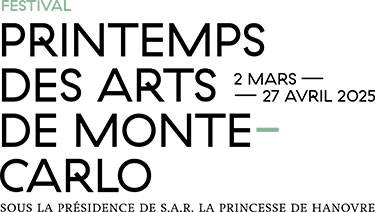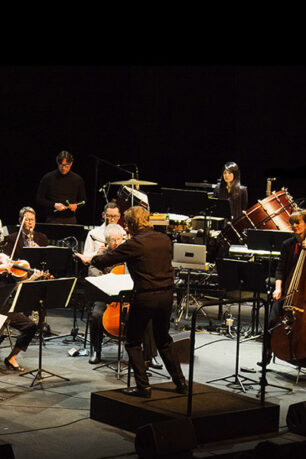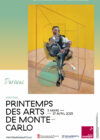When Bruno Mantovani offered to me the opportunity of writing a modern-day Song of the Earth – in reference to Gustav Mahler’s Das Lied von der Erde composed in 1909 –, I immediately accepted although I knew how challenging it would be. First, the challenge is to find one’s own way in the wake of such a powerful work; then, there is challenge of the format, of developing a long-drawn musical dramatisation of poetry.
Mahler subtitled his work “symphony for tenor, viola and full orchestra”, underlying the prominence of the instrumental part over the voices, which are nevertheless crucial to the expressiveness. I felt compelled to keep this same balance because of the relative shortness of the lyrics adapted from Chinese poetry. But in order to make them my own, I chose to contrast them with two sublime poems by Rainer Maria Rilke taken from Poems to Night, which are particularly dear to me. These ample hymns to love and heaven resonate with the intimate connection between man and nature and the existential questions expressed in the original lyrics.
My “Song of the Earth” comprises an instrumental prologue, seven movements and two “passages”, and is written for tenor, mezzo-soprano and a sixteen-piece chamber orchestra. In it, I explore all registers of expression: gravity, the deepest interiority (Un solitaire en automne, Respire l’obscur de la terre, L’Adieu), gentleness (Un tel souffle), the intoxication of despair (Chanson à boire de la douleur de la terre), gushing, luminous energy (De la beauté), and this almost cinematographic vision of a gathering of friends (De la jeunesse) treated in perpetual motion.
Retreading these expressive fields today also means reinventing melodic and harmonic dimensions in the light of the successive musical revolutions of the 20th century. It means playing with the colours of timbre and rhythmic diversity to build a world that seems strangely familiar yet surprising, opening at every moment onto the unheard before. This Chant de la terre is dedicated to Bruno Mantovani, in memoriam Gustav Mahler.
Laurent Cuniot
Instead of crying in pillows,
lift your tearful eyes.
It is right here, from your tearful face,
from your finite face,
that the mighty universe starts,
and expands.
Who, if you are turned in this direction,
will ever break that flow?
No-one. Except you,
if you started
opposing
the powerful gush
of those stars towards you.
Breathe.
Breathe in the darkness of the earth and,
again, lift your eyes
Rainer Maria Rilke, Poems to Night




